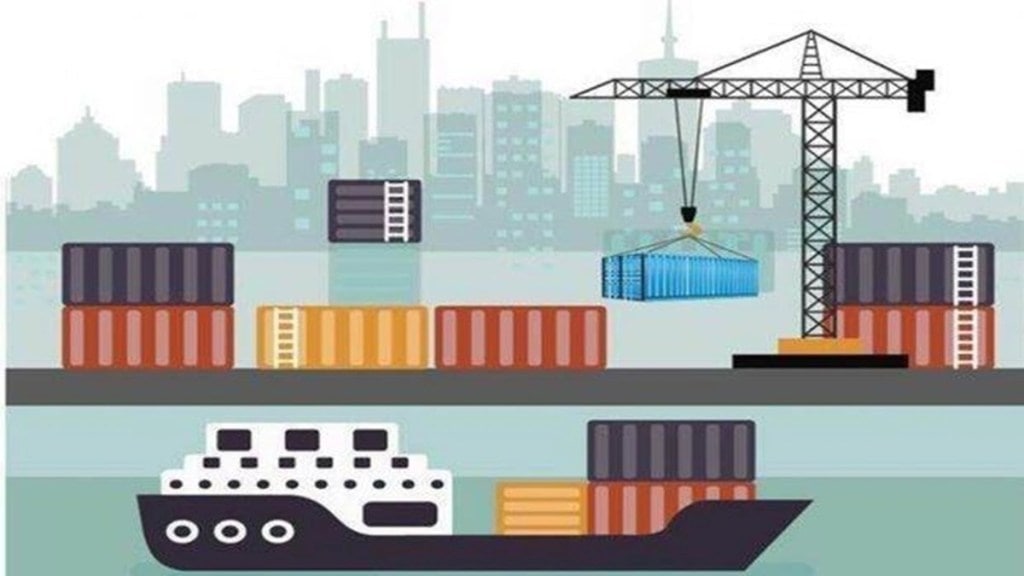The Dispute Settlement Body of the World Trade Organisation has deferred the adoption of its ruling on tariffs by India on information technology products till September 19 to give both India and EU time to resolve the issue bilaterally.
India and the European Union (EU) had jointly approached the dispute settlement body of the World Trade Organisation (WTO), seeking deferment of the adoption of its ruling on tariffs imposed by India on some information technology products till September 19, as they try to reach an understanding on the issue through negotiations.
“WTO members agreed at a meeting of the Dispute Settlement Body (DSB) on 15 June to a request from the European Union and India to grant the DSB additional time to consider the adoption of the panel ruling in “India — Tariff Treatment on Certain Goods in the Information and Communications Technology Sector,” a Geneva-based Trade Official said.
India and EU are already negotiating a Free Trade Agreement and the decision to sort out a WTO dispute bilaterally seems significant. Already four rounds of talks on the FTA have happened and the fifth round is underway.
On April 17, the DSB had ruled against India on tariffs imposed on information and technology products on a complaint by Japan, Taiwan and the European Union.
It had said that India’s tariffs are against the WTO’s Information Technology Agreement (ITA) that seeks to remove all duties on IT products.
After the adverse order, there was a 60-day window available for appeal. As per WTO dispute settlement rules if no appeal is filed then the DSB adopts the order and the country against whom the ruling has been passed has to implement it.
During that 60-day time-window, the parties in dispute can also agree to settle among themselves.
The EU had challenged the Indian import duties on information technology products like mobile phones and components, base stations, integrated circuits and optical instruments in April 2019. The EU had claimed that the measures appear to be inconsistent with certain provisions of ITA of the WTO. Later, Taiwan and Japan joined the dispute.
India has already challenged the ruling in the case of Japan.
As per the WTO process, bilateral consultation is the first step to resolve a dispute when a complaint is filed. If both sides are not able to resolve the matter through consultation, either of them can seek establishment of a dispute settlement panel.
The panel’s ruling or report can be challenged at WTO’s appellate body. The body is presently non-functional because of differences among member countries to appoint its members.
Back to negotiating table
*India, EU had jointly approached WTO’s dispute settlement body, seeking deferment of the adoption of its ruling on tariffs imposed by India
*On April 17, the DSB had ruled against India on tariffs imposed on IT products on a complaint by Japan, Taiwan and the EU
*The EU had challenged the Indian import duties on products like mobile phones and components, base stations, integrated circuits and optical instruments in April 2019

